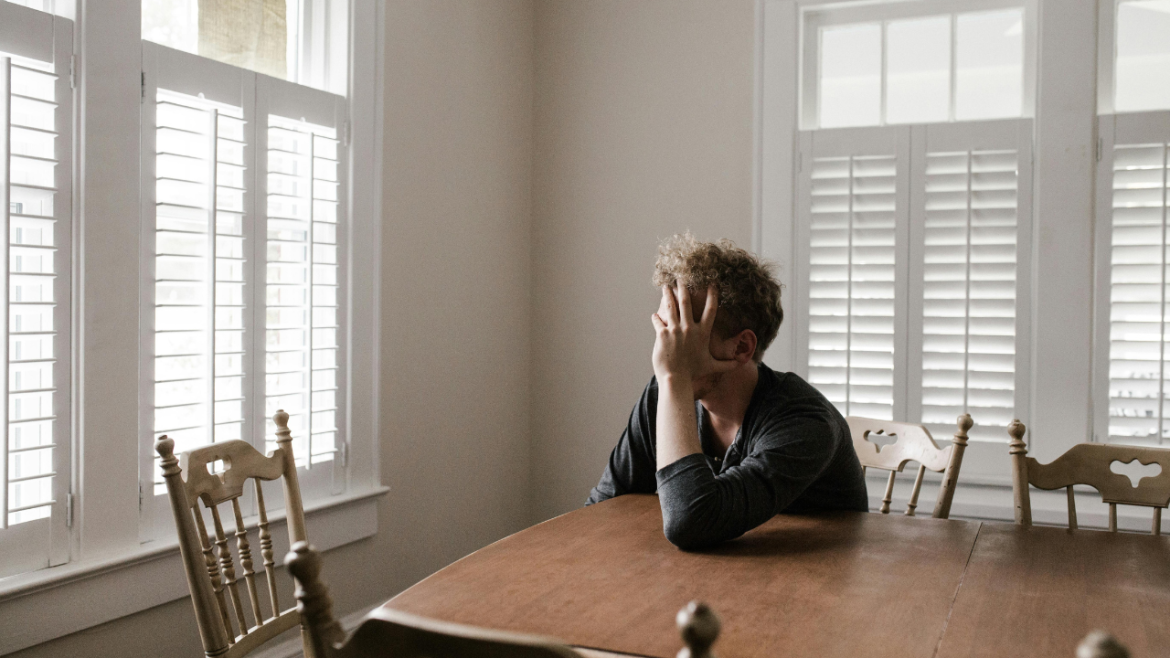Ways To Reduce Sun Downing
Sundowning can be one of the most challenging symptoms for families caring for a loved one with dementia. As afternoon light begins to fade, confusion often intensifies, agitation grows, and anxiety feels heavier. The senior who seemed calm earlier in the day may suddenly become restless, irritable, or fearful. These shifts can feel unpredictable and overwhelming for both the senior and the caregiver.
Yet with thoughtful strategies rooted in compassion, sundowning can be eased in ways that bring comfort, stability, and emotional reassurance. Understanding why it happens allows caregivers to respond with empathy rather than fear, which helps the evening hours feel gentler for everyone involved.
Understanding The Emotional Impact
Sundowning is not simply a behavioral issue. It is a deeply emotional experience shaped by changes in the brain that affect perception and cognition. As daylight fades, shadows grow, and familiar surroundings appear different, the world may feel unsettling. The senior often senses that something is wrong but cannot articulate what feels off. This confusion builds stress that can show up as pacing, restlessness, or anger.
For caregivers, these moments can be heartbreaking. It is painful to watch a loved one struggle with feelings they cannot control. Recognizing the emotional weight of sundowning helps caregivers approach the situation with patience and gentleness. Seniors respond better when they feel safe, supported, and understood. When care is rooted in empathy, the environment becomes a source of comfort rather than a trigger for distress.
Establishing Consistent Daily Routines
One of the most helpful ways to reduce sundowning is to create a consistent daily rhythm. Dementia affects the brain’s internal clock, making time feel unpredictable. Routines offer structure the mind can rely on. When meals, activities, and rest happen at the same times each day, the senior’s body feels more regulated. Predictability becomes a form of security.
A calm morning sets the foundation for a peaceful evening. Gentle activities, nutritious meals, and consistent hydration help reduce the physical stress that can worsen sundowning. A routine that avoids overstimulation also helps. Too much noise or activity late in the day may intensify confusion. Seniors often do best when the afternoon gradually transitions into a quieter, comforting period.
Using Light To Support The Body’s Rhythm
Light plays an enormous role in regulating mood and energy for seniors with dementia. As daylight fades, the brain receives signals that can disrupt circadian rhythms. This shift increases confusion and triggers emotional distress. Bright light during the morning and afternoon helps stabilize the internal clock.
Caregivers can use soft, warm lighting in the evening to ease the transition from day to night. Shadows should be reduced whenever possible, since distorted shapes can confuse a senior already struggling with perception changes. When the environment feels gentle and well lit, the mind experiences less stress. A calm, softly illuminated space can make evenings feel safer and more predictable.
Creating A Soothing Evening Environment
The environment plays a powerful role in reducing sundowning. Noise, temperature changes, or clutter can magnify anxiety. A soothing atmosphere signals safety. Comfortable seating, familiar objects, and calming sounds help the senior feel grounded. Soft music or nature sounds can ease agitation and redirect the mind toward relaxation.
A warm blanket, a favorite chair, or a familiar scent can offer emotional reassurance. These sensory cues remind the senior that they are in a safe and comforting space. When the surroundings feel peaceful, the mind responds with greater calm.
Supporting Physical Needs To Reduce Agitation
Many physical triggers can worsen sundowning. Hunger, dehydration, fatigue, or discomfort often go unnoticed by the senior but can significantly influence behavior. Providing balanced meals earlier in the day and offering a light, soothing evening snack can help stabilize blood sugar and mood. Gentle hydration also supports the body without disrupting sleep.
Fatigue often peaks in the late afternoon for seniors with dementia. Short, peaceful rest periods earlier in the day can prevent exhaustion without interfering with nighttime sleep. When the body feels steady, the mind finds it easier to remain calm as evening arrives.
Offering Emotional Reassurance And Presence
Perhaps the most powerful way to reduce sundowning is through emotional connection. Seniors may not remember the details of their day, but they feel the presence of love and reassurance deeply. Soft conversation, a gentle touch, or simply sitting beside them can lower stress and create a sense of safety.
Caregivers can redirect agitation with kindness rather than confrontation. When the senior feels heard and validated, the intensity of sundowning often decreases. Simple words such as “You are safe” or “I am here with you” carry immense emotional power.
Moving Toward Calmer Evenings
Sundowning does not disappear overnight, yet it becomes more manageable with consistent, compassionate care. When seniors experience stability, predictable routines, warm lighting, and emotional reassurance, evenings feel less frightening. Caregivers also feel more confident and less overwhelmed.
Reducing sundowning is ultimately about creating an environment where the senior feels supported, comforted, and deeply loved. With patience and thoughtful intention, the evening hours can transform from moments of distress into moments of peace.

